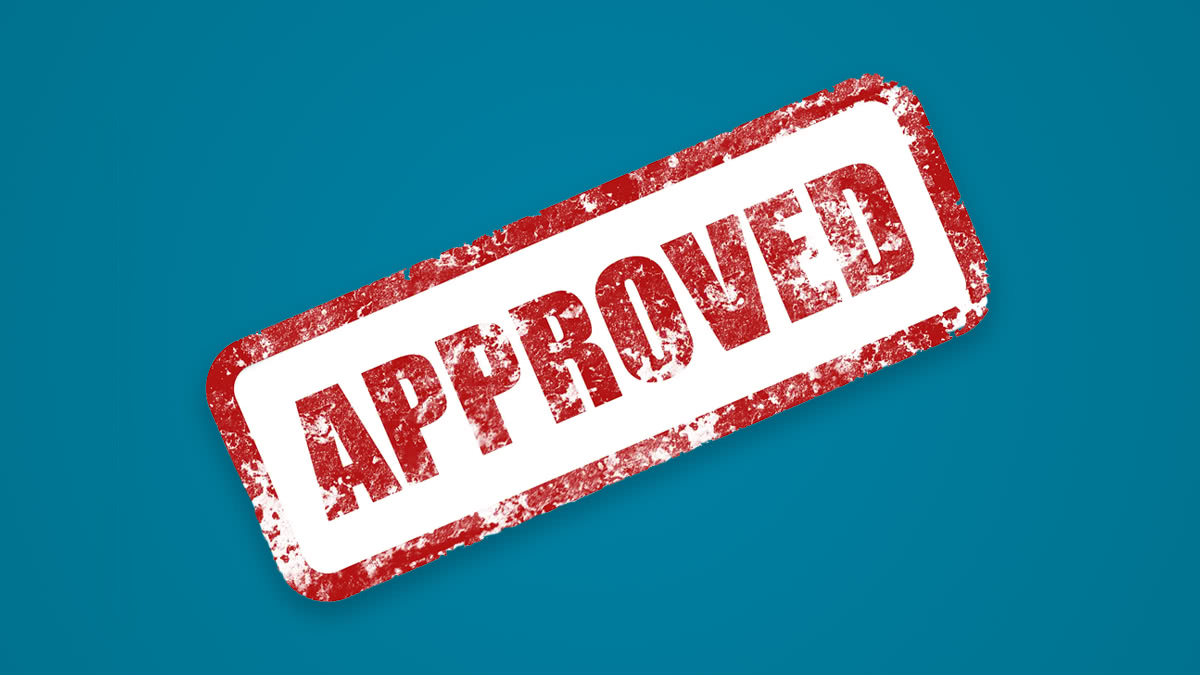Is Crowdfunding Right for Your Small Business?

For more than a decade, small business owners have been empowered to bypass traditional lenders and appeal to the general public for seed money. This process of "crowdfunding" often works well. In fact, an $8.8 million round of funding on Kickstarter from more than 219,000 donors launched the card game Exploding Kittens.
But crowdfunding's popularity notwithstanding, it may not right for every business. Consider these pros and cons:
Why you should consider crowdfunding...
1. You don't give up equity.
As every "Shark Tank" viewer knows, investors want equity — and often lots of it. But with crowdfunding, you'll devise a sliding scale of rewards — typically products and/or services once you launch — to attract funding at various levels. If these rewards are goods and/or services you hope to sell anyway, that's great. You're still incurring costs, but they're likely manageable.
2. Your business may get some buzz.
You may gain organic exposure if you run a captivating or quirky campaign with a strong message. Also, early donors often advocate on a campaign's behalf. They'll be your first and best critics, providing valuable insights and feedback as your refine your offerings.
3. Your risks are limited.
When you take out a loan or secure equity funding, you may not be able to repay that money — and with that comes grave consequences. However a crowdfunding campaign limits your downside to the small amount of time and money it takes to set up your campaign.
Why crowdfunding may not be your best option...
1. Low average funding amounts.
According to Kickstarter, the average amount raised from a crowdfunding campaign is less than $10,000. For most small business owners, that won't go very far: Most recent statistics cite $40,000 as the average amount needed to start a small business, depending on industry and location.
2. Fees reduce your proceeds.
Being businesses themselves, crowdfunding sites take a cut of your donations. Kickstarter, for example, charges 5 percent; Its payment processor takes an additional 3 percent, plus 30 cents per donation. Be sure to factor these costs into your projected goal amount.
3. It's an all or nothing proposition.
According to The Crowdfunding Center, 24 percent of campaigns reach their goal during a thirty- to sixty-day campaign. If you're among the remaining 76 percent, you'll receive nothing if you fail to reach your goal. Yes, that's right, $0. You'll have spent a couple of months of time and energy with no funds to show for it. Nor is that failure to meet your goal a good look for a fledgling new business.
4. You're soliciting unsophisticated investors.
Your donors take part in your dream because of their subjective emotion and excitement — not because they've combed your business plan. You may gain much more wisdom from the careful vetting of seasoned investors. These pros can assess your business's ultimate viability.
Crowdfunding can be an effective means of raising capital — especially if you're looking for free PR and marketing. However, if you're simply out to raise cash quickly, and a lot of it, you may do better with one of the many traditional paths to raising capital.
Did you know?
Key Kickstarter numbers since its inception…
$8.3 billion in pledges
265,000+ successful fundings
850 firms have reached a goal of $1 million or more
371,000 projects have failed to meet funding goals.
Source: Kickstarter
Since 2008, Fora Financial has distributed $4 billion to 55,000 businesses. Click here or call (877) 419-3568 for more information on how Fora Financial's working capital solutions can help your business thrive.






